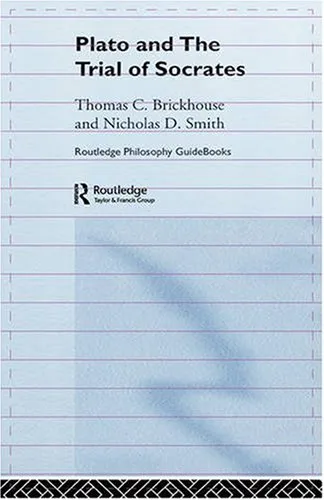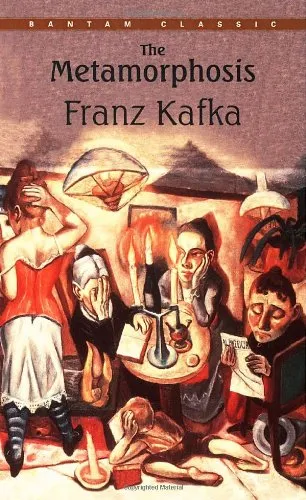Routledge Philosophy GuideBook to Plato and the Trial of Socrates
3.4
Reviews from our users

You Can Ask your questions from this book's AI after Login
Each download or ask from book AI costs 2 points. To earn more free points, please visit the Points Guide Page and complete some valuable actions.Related Refrences:
Welcome to an exploration of one of the most pivotal events in Western philosophy through the lens of the book, "Routledge Philosophy GuideBook to Plato and the Trial of Socrates." Authored by Thomas C. Brickhouse and Nicholas D. Smith, this guidebook delves deep into the philosophical and historical context of Socrates' trial, offering insightful analysis into the dialogues of Plato that document this crucial moment in history.
Detailed Summary of the Book
The "Routledge Philosophy GuideBook to Plato and the Trial of Socrates" serves as an essential companion for those seeking to understand the complex narratives surrounding Socrates’ trial and its representation in Platonic dialogues. The book meticulously examines the historical circumstances of Socrates' prosecution, the legal and political environment of Athens at the time, and the philosophical underpinnings of Socrates' defense as recorded in Plato's works. Key dialogues analyzed include "Euthyphro," "Apology," "Crito," and "Phaedo," which collectively paint a picture of Socrates' philosophy and his unwavering commitment to seeking truth, even at the cost of his own life.
Brickhouse and Smith navigate through these dialogues, providing commentary and interpretation that elucidate Socrates' methodological approaches and ethical stances. They evaluate the charges against Socrates, such as corrupting the youth and impiety, offering insights into Socrates' rebuttals and how these arguments highlight his philosophical legacy. The GuideBook further explores the sociopolitical climate of Athens and how it contributed to the trial’s outcome, offering readers a comprehensive understanding of why Socrates' trial was both a legal proceeding and a profound philosophical discourse.
Key Takeaways
- The trial of Socrates was not merely a legal matter but a fundamental clash between old and new ways of thinking in ancient Athens.
- Socrates’ philosophical inquiries challenged traditional norms and encouraged critical thinking and free discourse.
- Plato’s dialogues capture the essence of Socratic thought, emphasizing virtues such as wisdom, courage, and justice.
- The philosophical themes present in the dialogues remain relevant, prompting modern readers to consider ethical and societal questions.
Famous Quotes from the Book
"The unexamined life is not worth living for a human being." – a paraphrase of Socrates' philosophy as discussed in the analysis of Plato's "Apology."
"In every interaction, Socrates was driven by a singular purpose: the pursuit of truth, regardless of the personal cost." – Brickhouse and Smith discussing Socratic motivation.
Why This Book Matters
This guidebook is a crucial resource for students, scholars, and anyone interested in Western philosophy. It provides a rigorous examination of the historical and philosophical significance of Socrates' trial and demise, as well as the evolution of Socratic thinking. The authors offer clear and scholarly insights into complex dialogues, making the material accessible to readers new to Plato as well as seasoned philosophers. At its heart, the book prompts readers to engage with enduring questions about justice, ethics, and the role of philosophy in public life. By shedding light on one of history's most formative events, it bridges the past and present, highlighting the timeless value of critical inquiry and philosophical discourse.
Free Direct Download
You Can Download this book after Login
Accessing books through legal platforms and public libraries not only supports the rights of authors and publishers but also contributes to the sustainability of reading culture. Before downloading, please take a moment to consider these options.
Find this book on other platforms:
WorldCat helps you find books in libraries worldwide.
See ratings, reviews, and discussions on Goodreads.
Find and buy rare or used books on AbeBooks.




